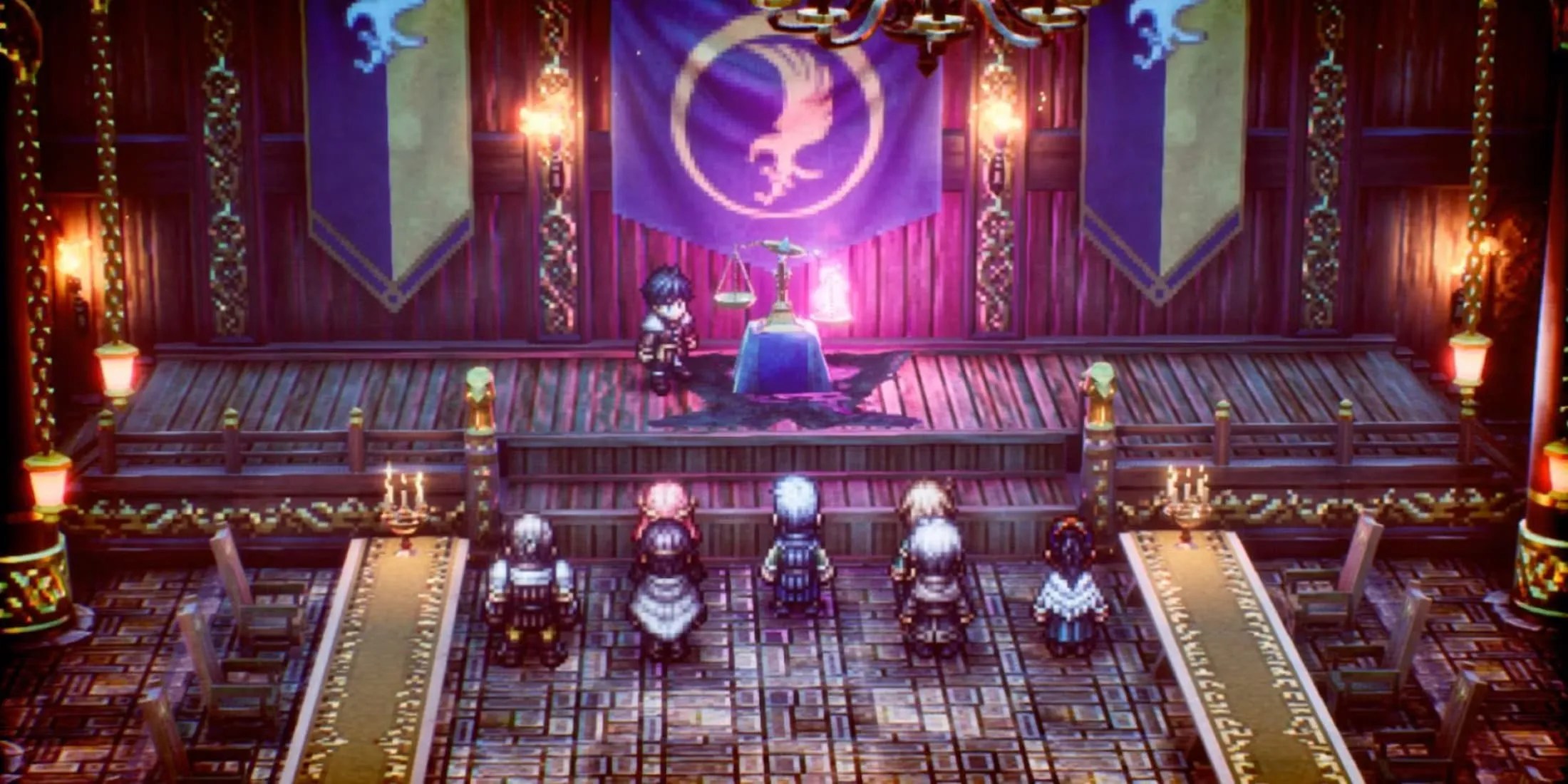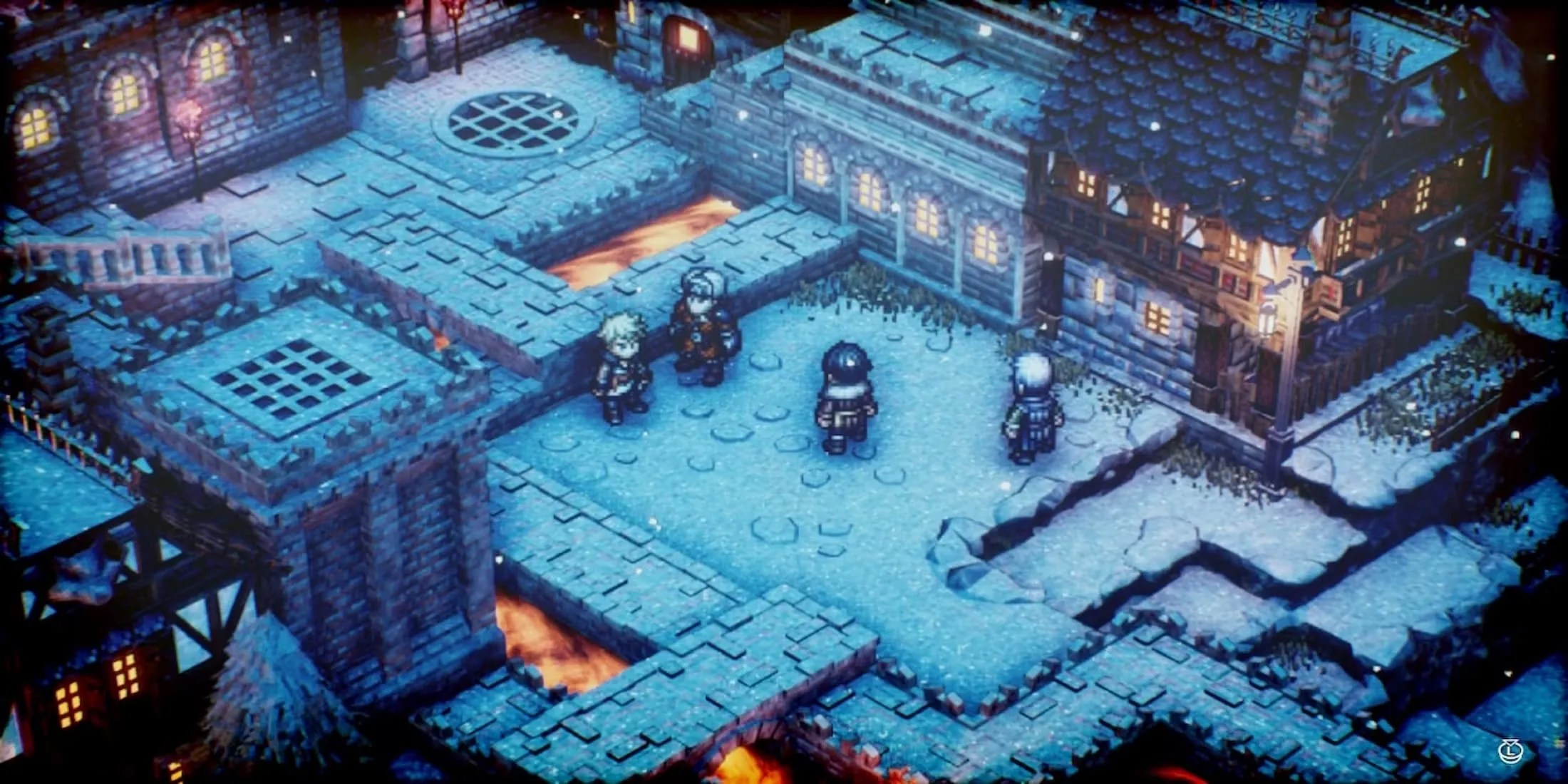Tired ofstrategy gamesthat eventually just turn into endless grinding? You’re not alone. It is very easy for strategy games to become one big grind session. But, there are some choice games out there where every decision matters and progression hinges on skill, not repetitive tasks.
If you want a game that prioritizes thoughtful planning and tactical prowess over monotonous leveling, take a look at the selection below. These strategy games eliminate the grind and offer gameplay that is thrilling to the end. They’re a great option for those who love strategy games but don’t have hours to dump into the grind.

Thronefall stripsbase-buildingand defense strategy down to its essentials. You control a ruler who must develop a small kingdom by day and defend it from waves of enemies by night. The gameplay is concise, with each session lasting under an hour. There’s no campaign map, leveling system, or unit grind. Instead, success relies heavily on you managing economic growth and defense placement properly.
The art style is charming and clean, and each level introduces new mechanics to keep things fresh. For those who want strategic depth without overwhelming complexity or grind, Thronefall offers a relaxing yet satisfying challenge.

Shogun 2 is one of the most balanced entries in the Total War series, blending grand strategy with epic real-time battles. Set in 16th-century Japan, you lead a clan to dominate the nation through diplomacy, economic management, and battlefield tactics. While the campaign map encourages progression, it’s built around smart decision-making rather than grindy resource loops.
Unit upgrades and technologies are earned through strategy, not repetition. The real meat lies in the battles, where clever formations, flanking, and terrain use can overcome stronger forces.

Triangle Strategy is atactical RPGthat blends deep, turn-based combat with branching narrative choices. It’s set in a war-torn land divided by political strife. You guide protagonist Serenoa and his allies through difficult moral decisions and intense tactical battles. While it has RPG elements, the game avoids grinding by limiting character customization and focusing on scenario-based challenges.
Positioning, terrain elevation, and elemental attacks all play more important roles. Your story path and ending shift dramatically based on the decisions you make, making decisions feel weighty.

In Papers, Please, you play as a border control agent in the fictional dystopian nation of Arstotzka. Your job is to inspect documents, uncover lies, and make life-or-death decisions about who may enter. There’s no leveling up or character building, just your wits, your judgment, and a growing stack of regulations. While there is some progression as regulations stack, there isn’t any grinding involved.
The strategy emerges from managing time, interpreting rules, and navigating the increasingly complex and morally ambiguous scenarios. Every shift adds new layers to the bureaucratic puzzle, and you can quickly find yourself between a rock and a hard place.

Mini Metro turns transit planning into an elegant strategic challenge. You design subway systems for rapidly growing cities using simple lines, shapes, and colors. The goal is to keep people moving efficiently as new stations appear and demand increases. There’s no campaign, characters, or grind. Instead, the puzzles escalate as you complete them.
Each city offers different challenges and constraints, and the minimalist aesthetic keeps things clear even in chaos.

Invisible, Inc. is a tactical stealth game that plays like chess with spies. You control a small squad of agents infiltrating corporate facilities to gather intel, hack systems, and escape undetected. Each mission is procedurally generated and packed with tight, meaningful decisions. There’s no XP grind or loot treadmill, eliminating any potential grind.
Instead, you manage limited action points, specialized abilities, and scarce resources under a strict time limit. Every mistake matters. It’s an interesting blend of stealth, strategy, and roguelike design.

Frozen Synapse offers a unique spin on turn-based tactics with its simultaneous planning system. You and your opponent plan your unit movements during the same phase, and then watch the results play out in short, action-packed simulations. The maps are procedurally generated, and the units have simple roles, but the strategic complexity arises from predicting your opponent’s decisions.
There isn’t any campaign-level grind to keep up with or upgrades to chase. Instead, the whole game relies on high-stakes decision-making that varies from mission to mission. The clean interface and elegant design bring it all together into a very well-done game.

Slay the Spire merges deck-building with roguelike design in a way that prioritizes strategy over repetition. Each run presents you with randomly generated encounters, loot, and cards, forcing you to adapt your deck as you climb the titular spire. There isn’t any experience bar to fill or gear to hunt down. Instead, your decisions stack naturally over time based on your playstyle.
The cards you pick largely determine your success. With multiple characters and a variety of difficulty levels, every run feels different, eliminating any potential grind in that area, too.

Into the Breach is a minimalist turn-based tactics game from the creators of FTL. Set on small, tightly designed maps, players control time-travelling mechs to prevent alien creatures from destroying the last remnants of civilization. The beauty of the game lies in its simplicity. Every enemy movement is obvious, so your success hinges on your strategic planning. That’s it.
There’s no leveling or stat grinding involved. Just pure, puzzle-like combat where your actions matter. Scenarios are randomized, so optimizing can only get you so far. It’s really about how you react in the moment and adapt.
